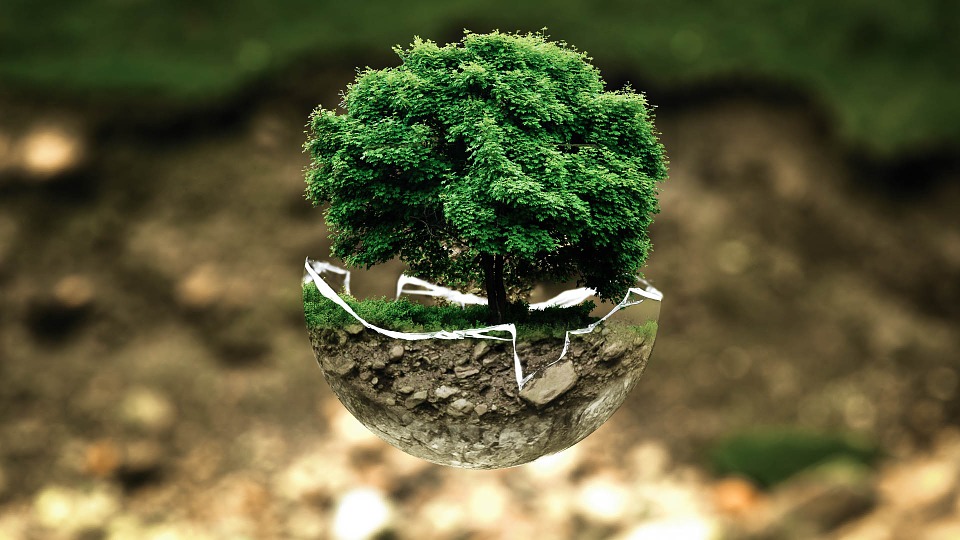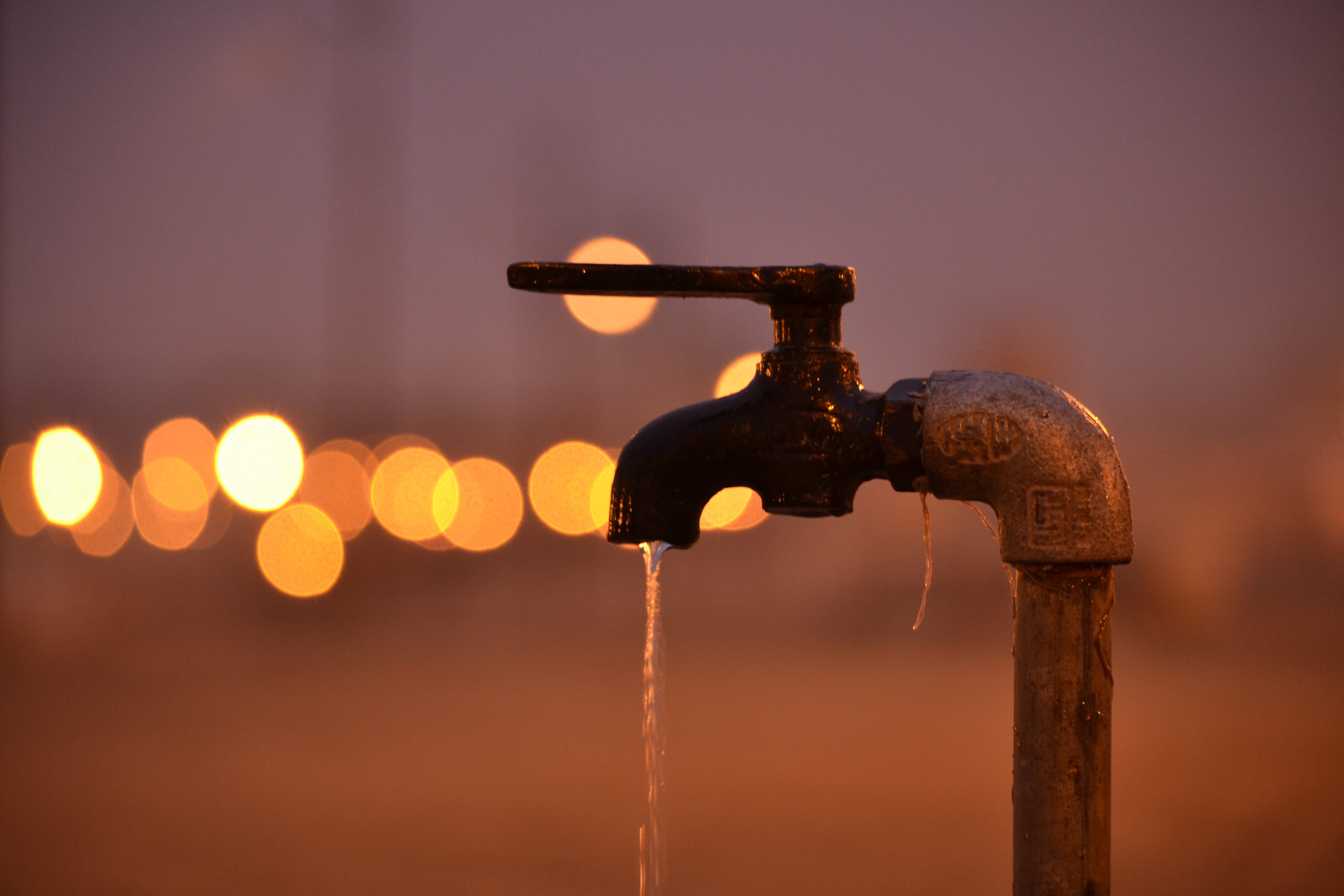As of July 29, 2021, humanity is living on credit. The day of overshoot marks the symbolic date when human beings are supposed to have consumed all the renewable resources that the planet is capable of providing them in one year. From this day on, we are drawing irrevocably from the Earth’s natural reserves.
We are using 70 % more than the Earth can renew, but how long will we live above the set amount of resources? Just think about it as your savings; if you are living beyond your means and tapping into your savings each month…how long will it take before you run out of money?
We have been overshooting the planet’s resources since 1970. 1970 was the last year that the overshoot occurred in December. Since then, we have been running out during the first three quarters of the year.
How Much Earth Will We Need?

It is also on the basis of a similar calculation that we can estimate the number of planet Earths that humanity would need to have to sustain its consumption of renewable resources in one year. Estimated at 1.7 in 2017, it could probably exceed two before the middle of the twenty-first century.
The exceedance day can also be calculated on a country scale. In France, the overshoot occurred this year on May 5. If a country’s overshoot day occurs earlier than the global exceedance day, it means that this country has a higher domestic consumption than the global average.
If all the world’s population consumed renewable resources like France, humanity would increase its ecological deficit. It would take 2.9 Earths to sustain humanity if everyone lived like the French.
According to the World Wildlife Fund’s yearly “Living Planet Report,” which assesses our ecological impact, we will require a second planet by 2030 and the equivalent of 2.8 planets by 2050 to fulfill our material requirements if things carry on in the same vein.
Why Are We Overshooting Earth?
Over-fishing.
Overfishing is commonly described as the tragedy of the commons, which occurs when a shared, restricted resource is depleted as a result of people acting in self-interest for short-term benefit. Fish do not belong to anybody or any country since they are not restricted to a certain location, such as inside national borders. Even if one country restricts its capture, others are likely to compensate.
Growing population.
The U.S. population multiplied from 130 million to more than 260 million during the past 60 years and is calculated to double again to 520 million throughout the next 60 years based on the current rate of increase of 1.1 percent per year.
Overpopulation has been seen through the significant rise in human activity—damming of rivers, rising water usage, expansion of agriculture, increasing use of irrigation and fertilizers, loss of forests, and more motor vehicles since World War 2. There has also been a dramatic increase in the usage of coal, oil, and gas, as well as a quick increase in the amount of methane and carbon dioxide in the atmosphere, which are greenhouse gases produced by changes in land use and combustion of such fuels.
How Can You Reduce The Use Of Natural Resources?

Save Water
We are new to this, and we are still repeating ourselves. We need water to survive, and the human body cannot go three days without water, which means that wasting water will be detrimental to humanity.
Some tips will be to take showers instead of a bath, of course, run shorter showers and turn off the faucet if you are not using water. Small actions will eventually add up for greater differences.
Energy Consumption
Try to look for environmentally friendly ways to consume energy; for example, opt for solar panels and wind energy.
The installation of renewable energy may cost a little more than gas but keep in mind that it is only the installation and you won’t have to pay as much each month if anything.
Recycle
Try to recycle items like plastic bottles or even cardboard. It will help in reusing the materials that you already have. You can also opt for reuse; for example, do not throw away the ice cream tubs and use them to conserve food.
Each one of us can make a difference. We need to realize the importance of preserving our natural resources. Let us know in the comments what you think of earth overshoot…



